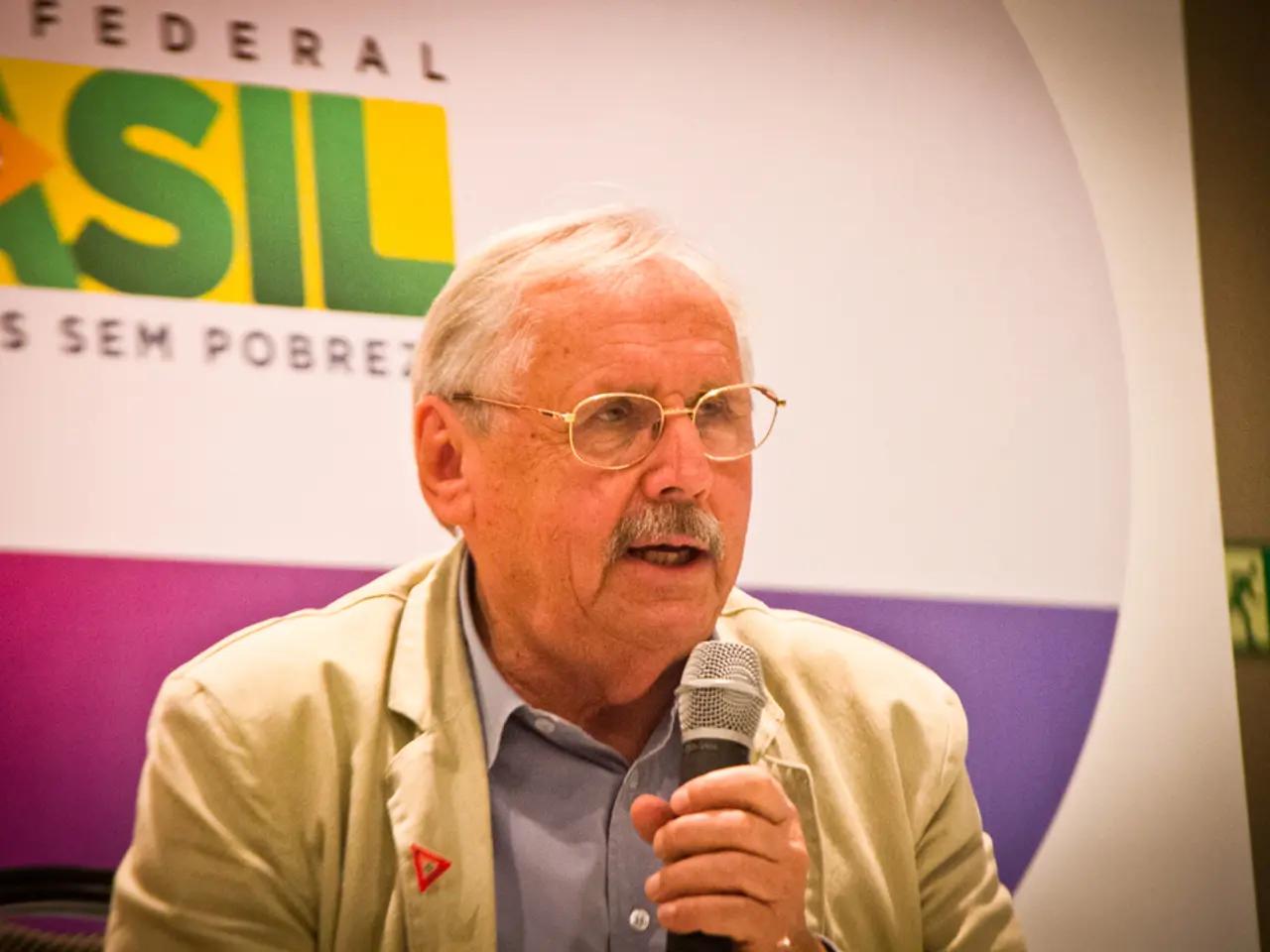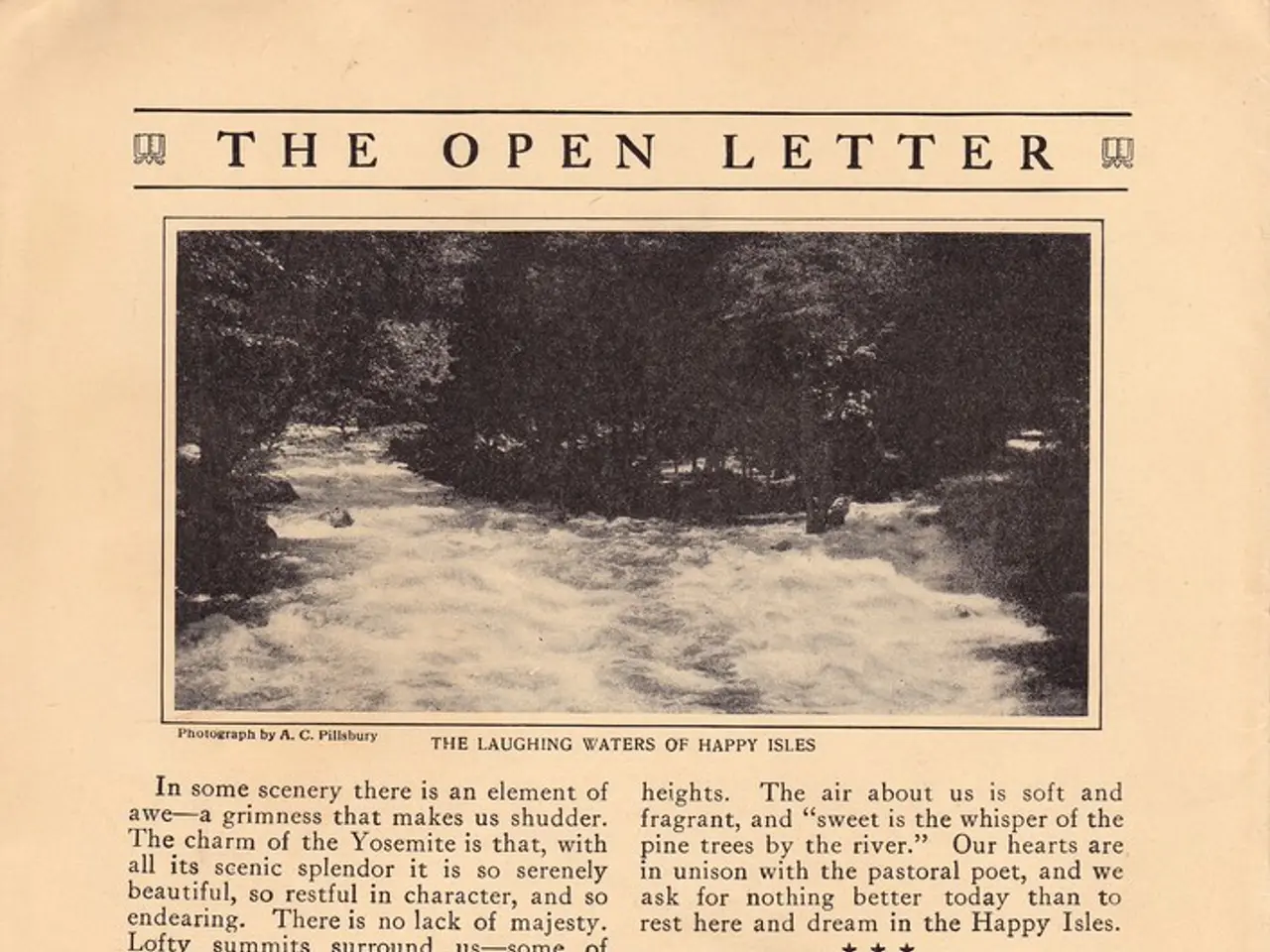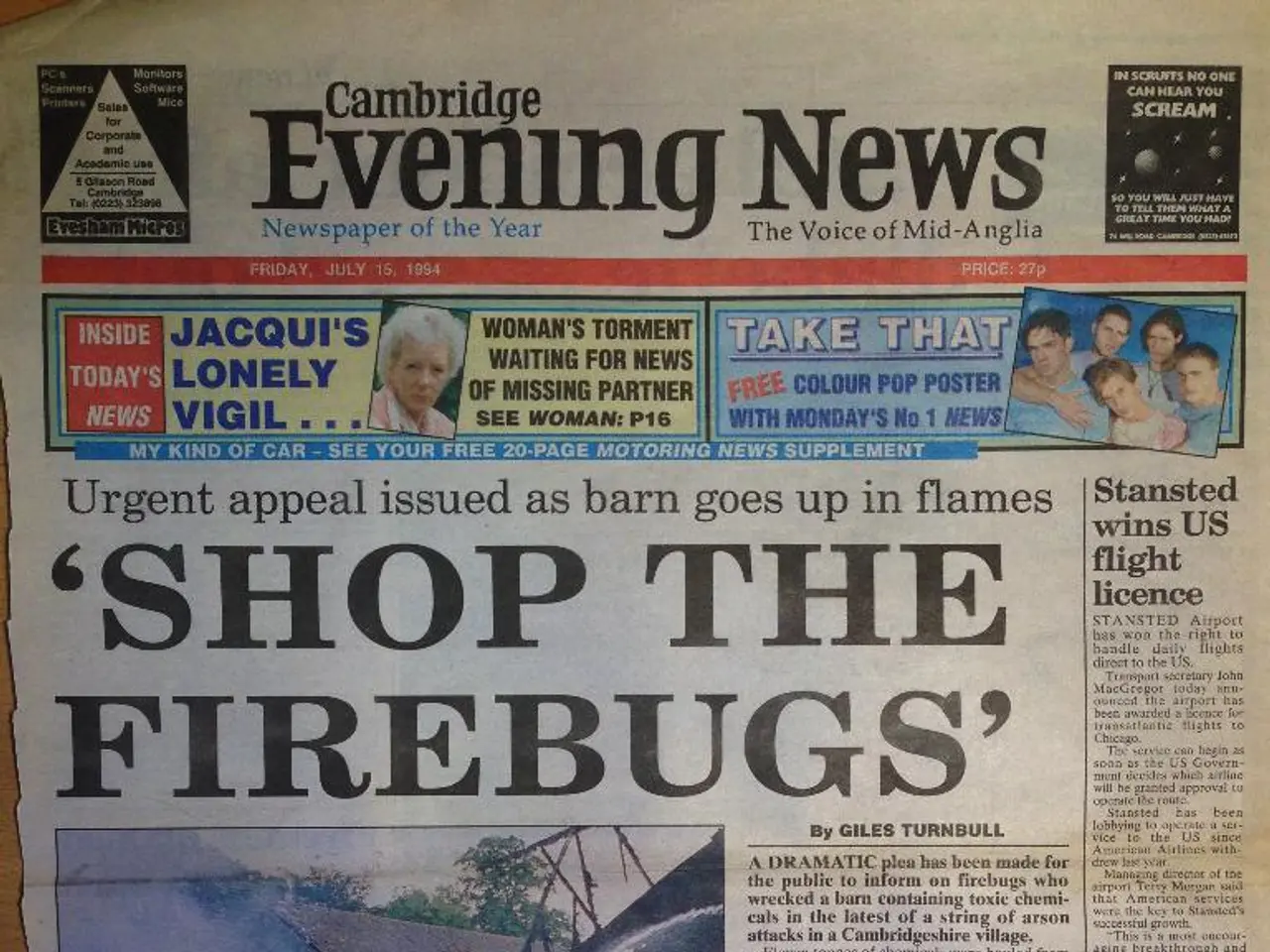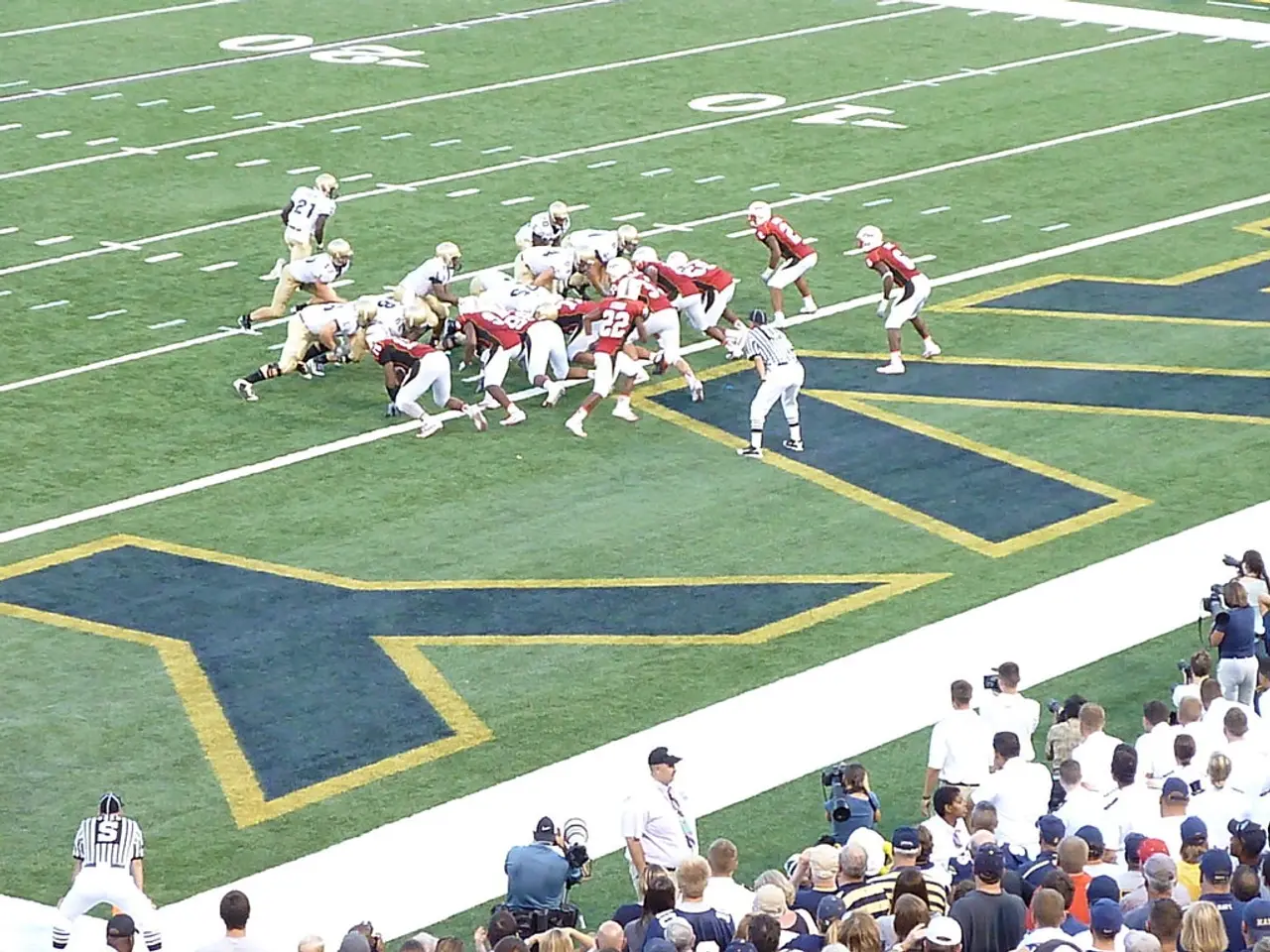Young candidate chosen by Trump to head federal oversight body: A 30-year-old individual with a past of sharing a 9/11 conspiracy theory video and connections to a Holocaust denier.
In a move that has stirred significant controversy and opposition, President Donald Trump has nominated 28-year-old lawyer Paul Ingrassia to lead the Office of Special Counsel (OSC), a US government agency responsible for investigating politically motivated firings, whistleblower protection, and enforcement of the Hatch Act.
Ingrassia, known for his far-right views and associations, has a history of racially charged attacks on political figures, including former UN Ambassador Nikki Haley and Florida Gov. Ron DeSantis. His nomination has been met with strong opposition from top House Democrats, who argue his extremist views and associations disqualify him from a role traditionally dedicated to nonpartisan civil service oversight.
Ingrassia's nomination is part of a broader context of controversial political appointments in the Trump administration's second term, marked by efforts to install loyalists aligned with Trump’s agenda in key government oversight roles.
Ingrassia's background is marked by his embrace of racist ideas and defense of extremist figures. He has publicly glorified male supremacist Andrew Tate and downplayed historical horrors such as slavery in writings that praised the Tate brothers’ ideology. Ingrassia has also shown anti-Israel sentiment, criticizing US foreign aid to Israel and advocating for martial law to secure a political outcome.
His legal and ideological defense of controversial far-right figures and his public statements have raised concerns that he is incompatible with the impartial and protective mission of the OSC. His nomination would mark a sharp departure from previous heads of the OSC, who typically have a long record of managerial or prosecutorial experience.
Ingrassia's Twitter account has a history of posting false statements, such as claiming that US foreign aid to Israel adds $500 trillion to the national debt. He has also shown support for White nationalist and Holocaust denier Nick Fuentes, and has publicly advocated for his reinstatement on a platform.
Ingrassia's nomination has been met with criticism from lawmakers, notably the top members of the House Oversight and Reform and Judiciary Committees, who urge the Senate to reject his confirmation due to concerns over his extremist views and hostile stance toward merit-based federal service.
Ingrassia's nomination to the Office of Special Counsel comes amidst a broader debate about the politicization of government agencies and the importance of maintaining nonpartisan oversight in these roles. As the nomination moves forward, it remains to be seen how the Senate will respond to these concerns and whether Ingrassia will be confirmed to lead the OSC.
[1] https://www.nytimes.com/2025/01/01/us/politics/paul-ingrassia-osc-nomination.html [3] https://www.washingtonpost.com/politics/2025/01/02/paul-ingrassia-osc-nomination-sparks-controversy/ [5] https://www.politico.com/news/2025/01/03/trump-administration-controversial-appointments-261729
- The controversy surrounding Paul Ingrassia's nomination to lead the Office of Special Counsel (OSC) extends beyond politics, stirring debates on social media and general news platforms, due to his far-right views, racially charged attacks, and nomination of controversial figures like Andrew Tate.
- Ingrassia's nomination, part of a broader trend of controversial political appointments by the Trump administration, has raised concerns within the realm of crime and justice, given his legal defense of extremist figures and support for White nationalist and Holocaust denier Nick Fuentes.
- As the debate on the politicization of government agencies continues, pop-culture discourses intertwine with general news, with Ingrassia's nomination to the OSC symbolizing a potential shift in the traditionally nonpartisan civil service oversight, evoking discussions on the future of such agencies in the realm of entertainment and public discourse.








